AI: Cutting-Edge Overview with Dr Sanson Poon
28/10/2025
13:00 - 14:00Dr Sanson Poon disusses Using AI to Accelerate Natural Science Research: The Journey from a Museum Lab to a National Programme
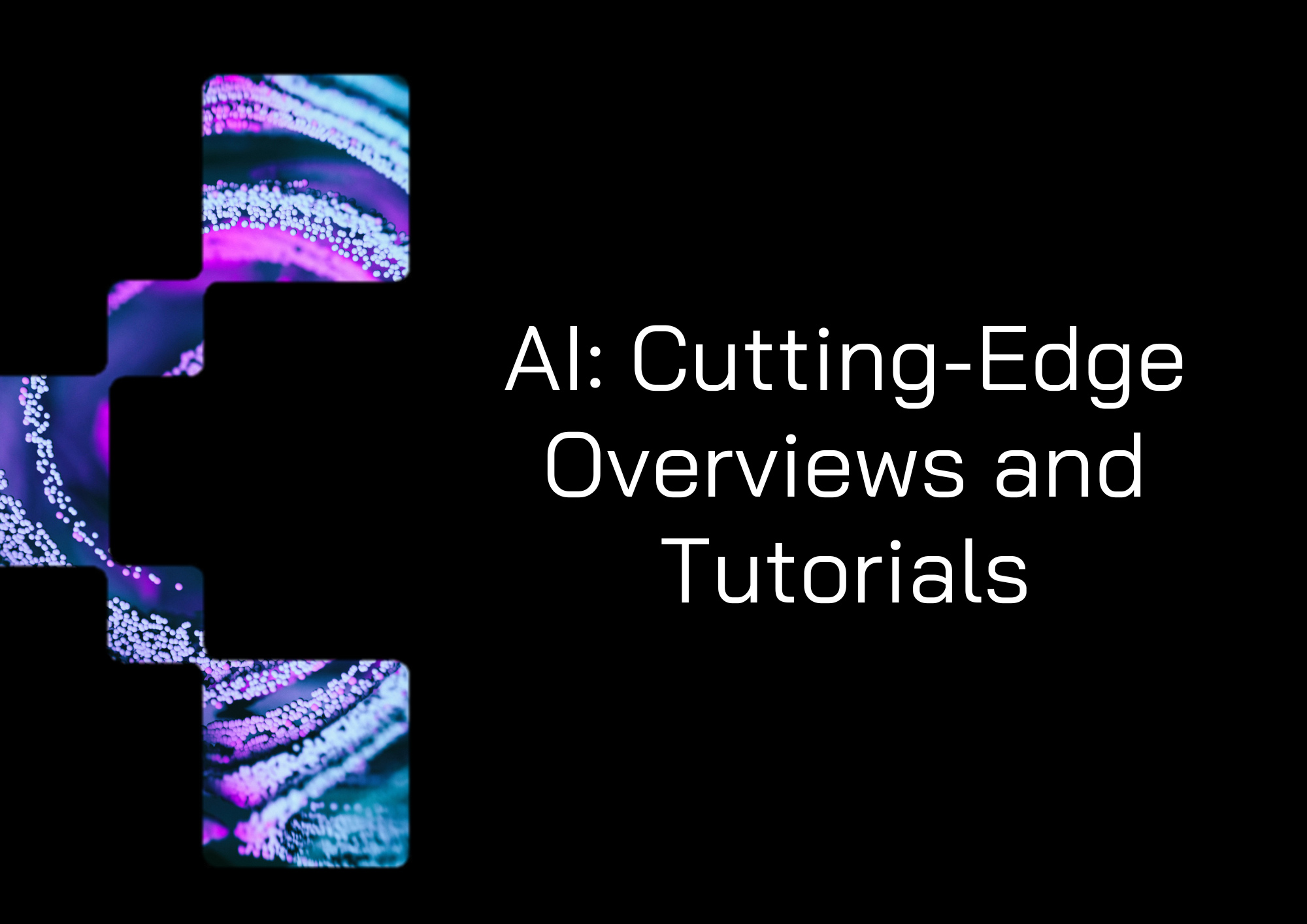
Dr Sanson Poon disusses Using AI to Accelerate Natural Science Research: The Journey from a Museum Lab to a National Programme

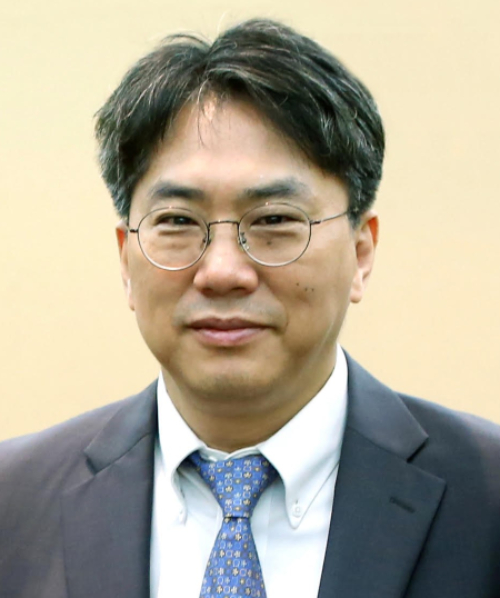
In this talk, Professor Sun Kim shares his recent research works on drug response prediction and biomarker gene discovery.

Step into the Future with the I-X Open Day! Embark on an illuminating journey into the realm of Intelligible AI (IAI) at the I-X Open Day! Join us as we unveil the forefront of multidisciplinary research, dedicated to crafting a new era of AI systems that are both intelligible and trustworthy.
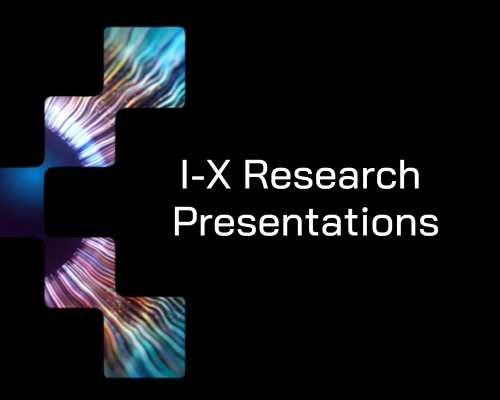

Deep learning has shown great potential in improving the entire medical imaging workflow, from image acquisition to disease treatment. This talk will focus on the recent advances of deep learning in medical imaging, from the reconstruction of signals to quantification of clinically useful information.

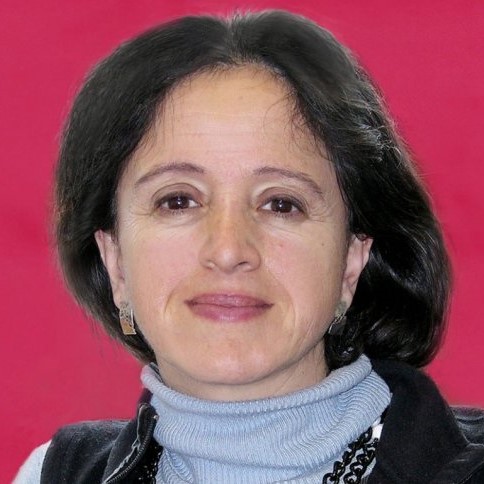
Professor Lesley Cohen, one of the two Associate Provosts for Equality, Diversity, and Inclusion, will share her journey and the challenges she faced throughout her career.

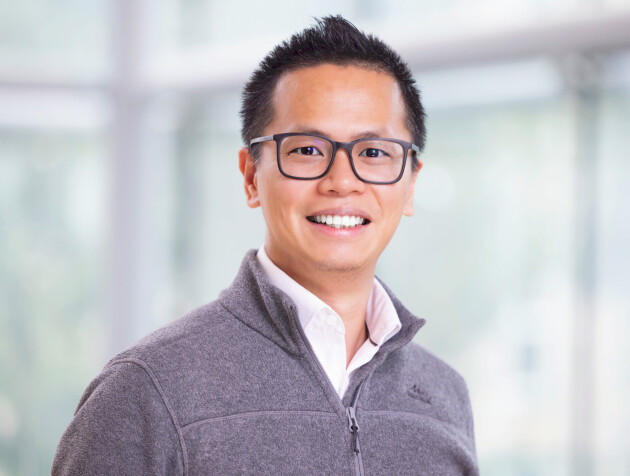
The integration of AI in digital healthcare has sparked immense optimism and transformative potential, particularly in the realms of patient care and medical research. This talk aims to provide a nuanced perspective by delving into both the promises and pitfalls of the hallucination induced by AI in healthcare, with a specific focus on synthetic data, generative AI, and impacts in digital healthcare.

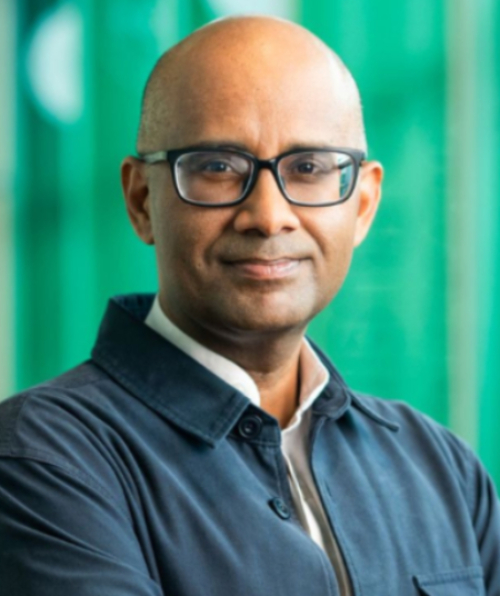
Collaboration between humans and algorithms based on the logic of relative advantage is well understood. While it produces immediate gains in productivity, it can also have long term adverse consequences for human skills.